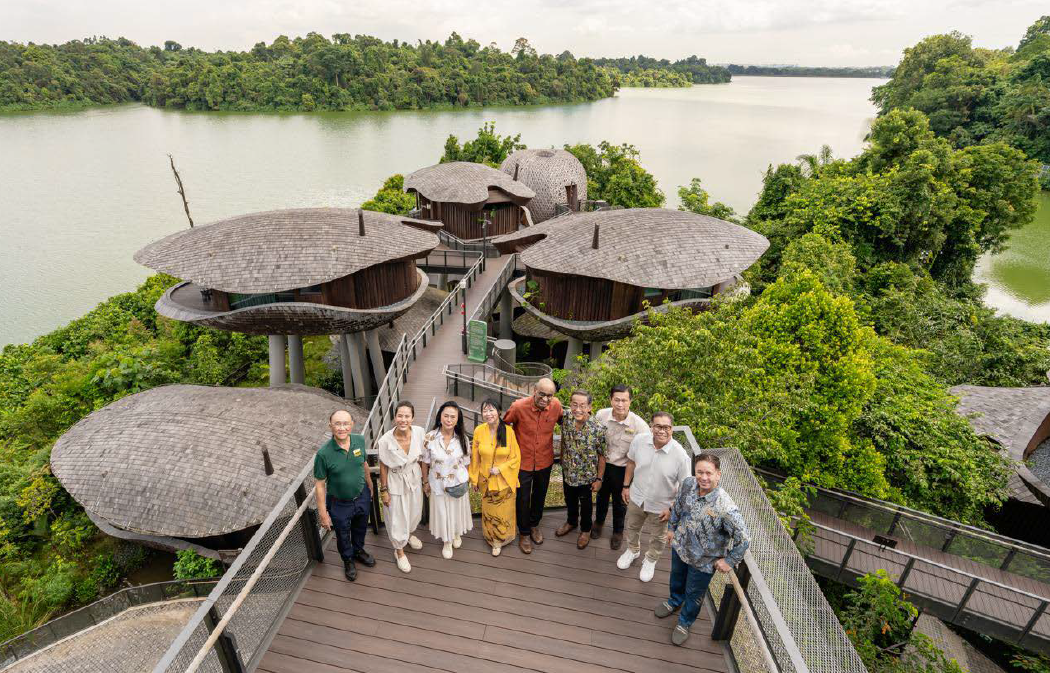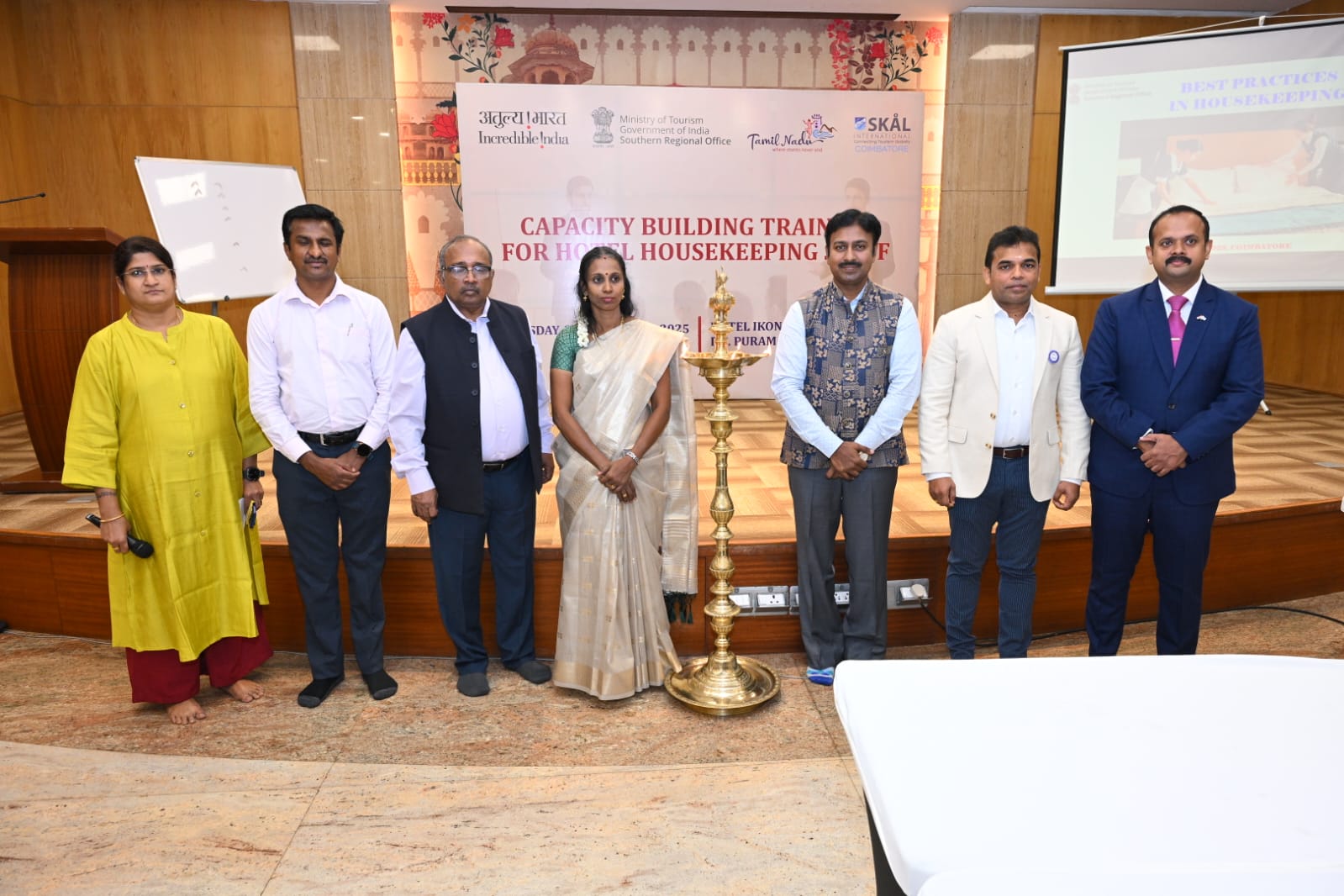K Syama Raju, President, FHRAI signed an MoU with CIRC to strengthen legal and compliance capacity across the hospitality sector. He said, “It is important to bridge the gaps between hospitality law and practice, as regulatory uncertainty and overlaps create hurdles for the industry.”
India’s tourism and hospitality sector holds immense potential, however, startups and smaller enterprises struggle to navigate a complex web of regulatory requirements involving multiple licenses, labour laws, and compliance mandates. This not only delays business setup and expansion in hospitality space but also negatively impacts the consumers. Adding to this burden, evolving environmental regulations now demand compliance with strict standards for energy efficiency, water conservation, and waste management. While these are critical for sustainable development, the cost and complexity of implementation—especially for green building certifications and ESG disclosures—pose significant challenges to the businesses in the industry. These requirements, though aligned with global investment trends, are difficult to meet for many businesses without adequate awareness, support or incentives.
Raju said, “It is crucial for hospitality professionals to understand the legal systems that impact their day-to-day work. Therefore, FHRAI is proud to collaborate with CIRC on the ‘Navigating the Legal Landscape of Hospitality’ course. It is a timely and much-needed initiative that will help professionals gain the legal know-how to run their businesses more responsibly and efficiently.”
“Spanning eight weeks, the course is designed to benefit — hoteliers, restaurant owners, HR professionals, legal advisors, entrepreneurs, and even hospitality students. It covers essential topics like licensing, contract law, labour regulations, intellectual property, taxation, and dispute resolution. In short, it is the kind of practical knowledge every hospitality leader needs to stay compliant and future-ready,” Raju added.
Pradeep Mehta, Chairman, CUTS Institute for Regulation & Competition (CIRC) commented, “With years of experience in public policy, I have seen a critical gap in legal knowledge within the hospitality industry. This shortfall often leads to unintentional consumer rights violations and regulatory missteps. Strengthening legal awareness among hospitality professionals is essential to uphold consumer protection, ensure compliance, and foster trust in an increasingly regulated service landscape. A comprehensive capacity-building programme will help individuals and the industry navigate these challenges more effectively.”
Explaining the importance of the course, Raju added, “What really sets this course apart is its focus on real-world application. With weekend live sessions, industry experts as instructors, and case-based learning, participants do not just learn theory—they gain insights they can use immediately. It empowers them to spot legal risks early, make smarter decisions, and better safeguard their businesses.”
FHRAI urges all professionals across hotels, restaurants, resorts, and allied services to take advantage of this opportunity. This course is not just about understanding legal frameworks—it is about building stronger, more credible institutions and ensuring long-term success. Programmes like these play a vital role in strengthening the foundation of hospitality in India, and we are confident it will make a lasting impact.









